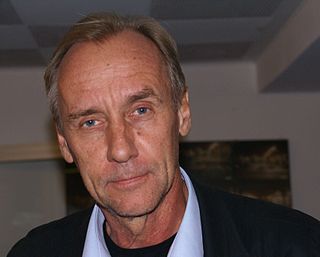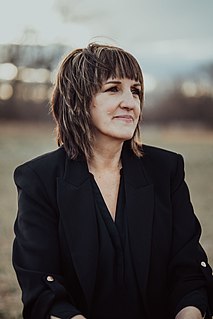A Quote by Wilbur Smith
The first novel I wrote was a monster - clocking in at 180,000 words - but it died a death, a death it deserved. It was called 'The Gods First Make Mad.' It was a good title, but it was the only good thing about the book. I didn't let that put me off.
Related Quotes
Death did not first strike Adam, the first sinful man, nor Cain, the first hypocrite, but Abel, the innocent and righteous. The first soul that met with death, overcame death; the first soul that parted from earth went to heaven. Death argues not displeasure, because he whom God loved best dies first, and the murderer is punished with living.
The first thing I would like to tell you about death is that there is no bigger lie than death. And yet, death appears to be true. It not only appears to be true but also seems like the cardinal truth of life - it appears as if the whole of life is surrounded by death. Whether we forget about it, or become oblivious to it, everywhere death remains close to us. Death is even closer to us than our own shadow.
My mother had died when I wrote my first book. I was twenty-seven, so it was right at the beginning of my writing life. I don't know if she had lived, if I would have done it, certainly not quite like I did. But, you can't rethink it. You wrote what you wrote, it meant something to other people, and that's your good.
Someone's killed 100,000 people. We're almost going, "Well done! You killed 100,000 people? You must get up very early in the morning! I can't even get down the gym. Your diary must look odd: 'Get up in the morning, death, death, death, death, death, death, death - lunch - death, death, death - afternoon tea - death, death, death - quick shower ...' "
Never dreaming, was I, poor Jack Duluoz, that the soul is dead. That from Heaven grace descends . . . No Doctor Pisspot Poorpail to tell me; no example inside my first and only skin. That love is the heritage, and cousin to death. That the only love can only be the first love, the only death the last, the only life within, and the only word . . . choked forever.
If untimely death came only those who deserved that fate, Keturah, where would choice be? No one would do good for its own sake, but only to avoid an early demise. No one would speak out against evil because of his own courageous soul, but only to live another day. The right to choose is man's great gift, but one thing is not his to choose--the time and means of death.
As deaths have accumulated I have begun to think of life and death as a set of balance scales. When one is young, the scale is heavily tipped toward the living. With the first death, the first consciousness of death, the counter scale begins to fall. Death by death, the scales shift weight until what was unthinkable becomes merely a matter of gravity and the fall into death becomes an easy step.







































